说说英国的早期教育体系——EYFS/nursery/reception
说说英国的早期教育体系——EYFS/nursery/reception
点击蓝字 关注我们
/ Children’s study
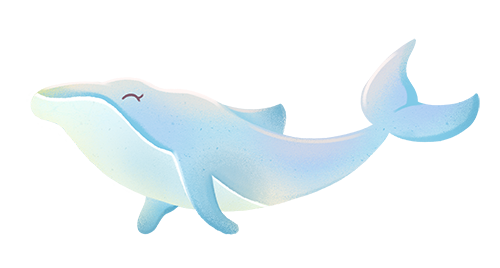


(Early Years Foundation Stage)
指英国政府以“给父母最好的选择、给儿童最好的开始”为宗旨提出的针对0—5岁儿童的学习、发展和照顾指定的指导框架。
所有学校和在英国教育标准局(Ofsted)注册的早期教育机构(包括托儿所、幼儿园、学前班等)都必须遵循EYFS的框架开展工作。

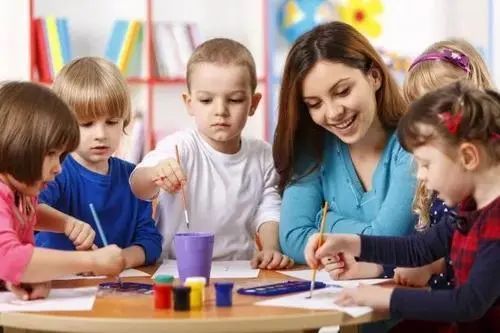
(EYFS只在英格兰适用,苏格兰和威尔士有不同的早期教育标准)
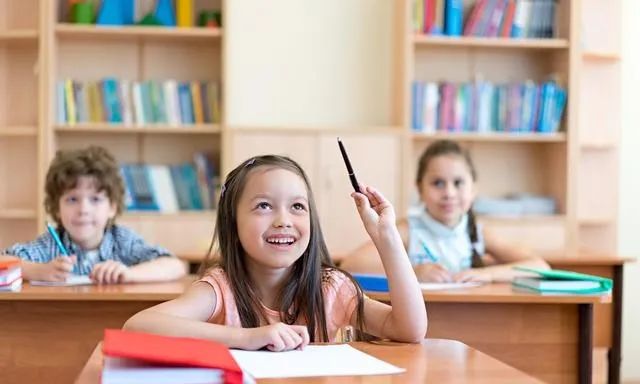

学习领域

孩子主要通过游戏和玩耍来学习,
EYFS将儿童幼年的发展分为以下几个学习领域:
交流和语言(communication and language)
身体发育(physical development)
个人、社会和情感发展(personal, social and emotional development)
识字(literacy)
数学(mathematics)
理解世界(understanding the world)
有表现力的艺术和设计(expressive arts and design)
他们的班主任将在学年末他们满5岁时对他们进行评估。
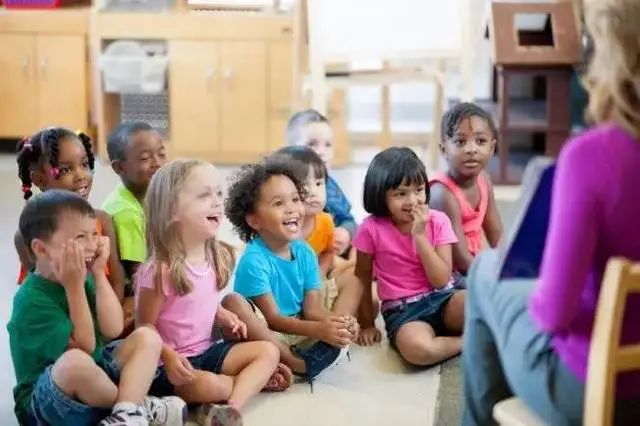
评估是基于课堂观察 – 你的孩子不会被测试。它使用早期学习目标,这些目标可以在早期框架中找到。
Their class teacher will assess them at the end of the school year when they turn 5.
The assessment is based on classroom observation – your child won’t be tested. It uses the early learning goals, which can be found in the early years framework.
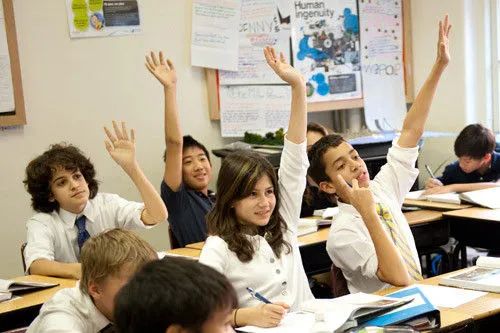
Every child deserves the best possible start in life and the support that enables them to fulfil their potential. Children develop quickly in the early years and a child’s experiences between birth and age five have a major impact on their future life chances. A secure, safe and happy childhood is important in its own right. Good parenting and high quality early learning together provide the foundation children need to make the most of their abilities and talents as they grow up.
每个孩子都应该有一个尽可能好的生活起点,并得到支持,使他们能够发挥自己的潜力。
儿童在幼年时期发展迅速,儿童从出生到五岁的经历对他们未来的生活机会有很大影响。一个有保障、安全和快乐的童年本身就很重要。良好的养育方式和高质量的早期学习共同为儿童提供了所需的基础,使他们在成长过程中最大限度地发挥自己的能力和天赋。
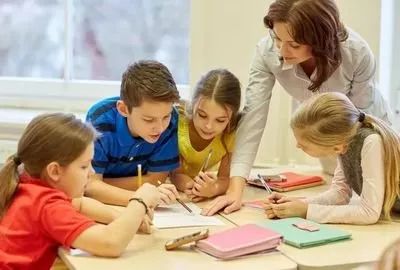
2. The Early Years Foundation Stage (EYFS) sets the standards that all early years providers must meet to ensure that children learn and develop well and are kept healthy and safe.
It promotes teaching and learning to ensure children’s ‘school readiness’ and gives children the broad range of knowledge and skills that provide the right foundation for good future progress through school and life.

早年基础阶段(EYFS)

规定了所有早期教育机构必须达到的标准,以确保儿童学习和发展良好,并保持健康和安全。
它促进了教学和学习,以确保儿童的 “入学准备”,并为儿童提供广泛的知识和技能,为今后在学校和生活中取得良好的进展奠定了正确的基础。
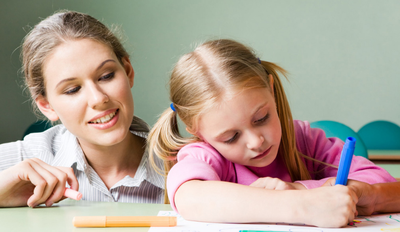

EYFS旨在提供:

– 所有早期教育机构的质量和一致性,以便每个孩子都能取得良好的进展,没有孩子被落下。
– 通过为每个孩子的学习和发展制定计划,并定期评估和审查他们所学到的知识,打下坚实的基础。
– 从业人员之间以及与家长和/或照顾者之间的通力合作。
– 机会平等和反歧视,确保每个孩子都被纳入并得到支持。
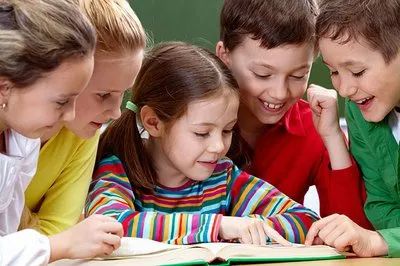
3. The EYFS specifies requirements for learning and development and for safeguarding children and promoting their welfare. The learning and development requirements cover:
· the areas of learning and development which must shape activities and experiences (educational programmes) for children in all early years settings
· the early learning goals that providers must help children work towards (the knowledge, skills and understanding children should have at the end of the academic year in which they turn five)
· assessment arrangements for measuring progress (and requirements for reporting to parents and/or carers)

EYFS规定了学习和发展以及儿童保护和福祉的要求。

学习和发展的要求具体包括:

– 学习和发展的各项领域:这些内容需构成儿童在成长早起的活动和经历(教育项目)
– 早期学习目标:教育机构必须帮助儿童获得在五岁的学年结束时应具备的知识、技能和理解力
– 评估安排:需设置衡量学习进展的评估安排,并向父母和/或照顾者报告结果
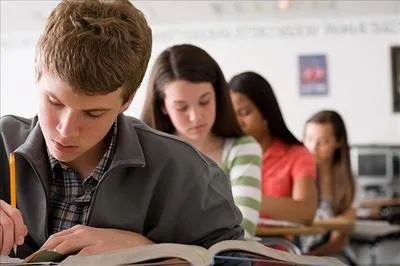
4. The safeguarding and welfare requirements cover the steps that providers must take to keep children safe and promote their welfare.
Fourguidingprinciplesshouldshapepracticeinearlyyearssettings.Theseare:
· every child is a unique child, who is constantly learning and can be resilient, capable, confident and self-assured
· children learn to be strong and independent through positive relationships
· children learn and develop well in enabling environments with teaching and support from adults, who respond to their individual
interests and needs and help them to build their learning over time. Children benefit from a strong partnership between practitioners and parents and/or carers.
· importance of learning and development. Children develop and learn at different rates. (See “the characteristics of effective teaching and learning” at paragraph 1.15). The framework covers the education and care of all children in early years provision, including children with special educational needs and disabilities (SEND).
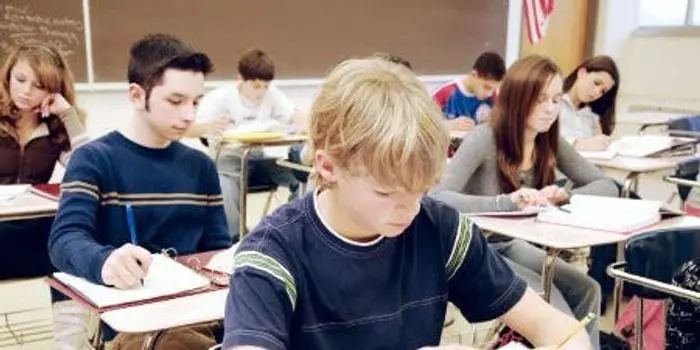
儿童保护和福祉有四个指导原则
包括:
– 每个孩子都独一无二,能够不断学习,具备韧性、能力、信心和自信
– 儿童通过积极的关系学会坚强和独立
– 儿童在积极的环境中通过成人的教导和支持学习和发展,成人对孩子的兴趣和需要作出回应,并帮助他们逐步建立自己的学习框架,儿童将从教育者、父母和/或照顾者之间强有力的伙伴关系受益
– 学习和发展非常重要,不同的孩子以不同的速度成长和学习,EYFS涵盖所有孩子的教育和照顾原则





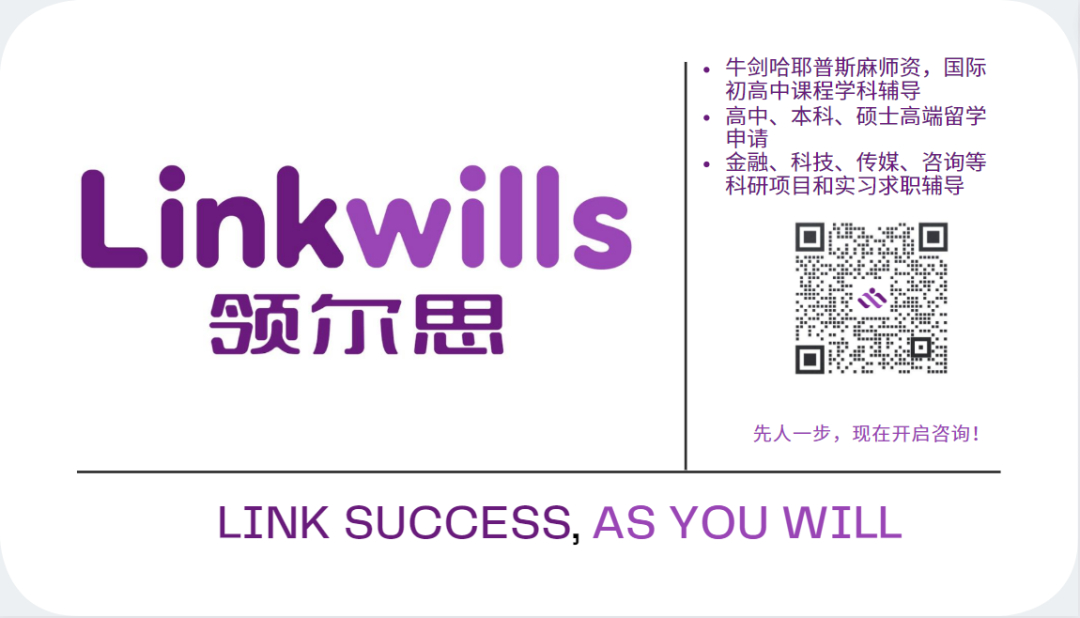
点赞+在看
本篇文章来源于微信公众号: 领尔思国际教育






